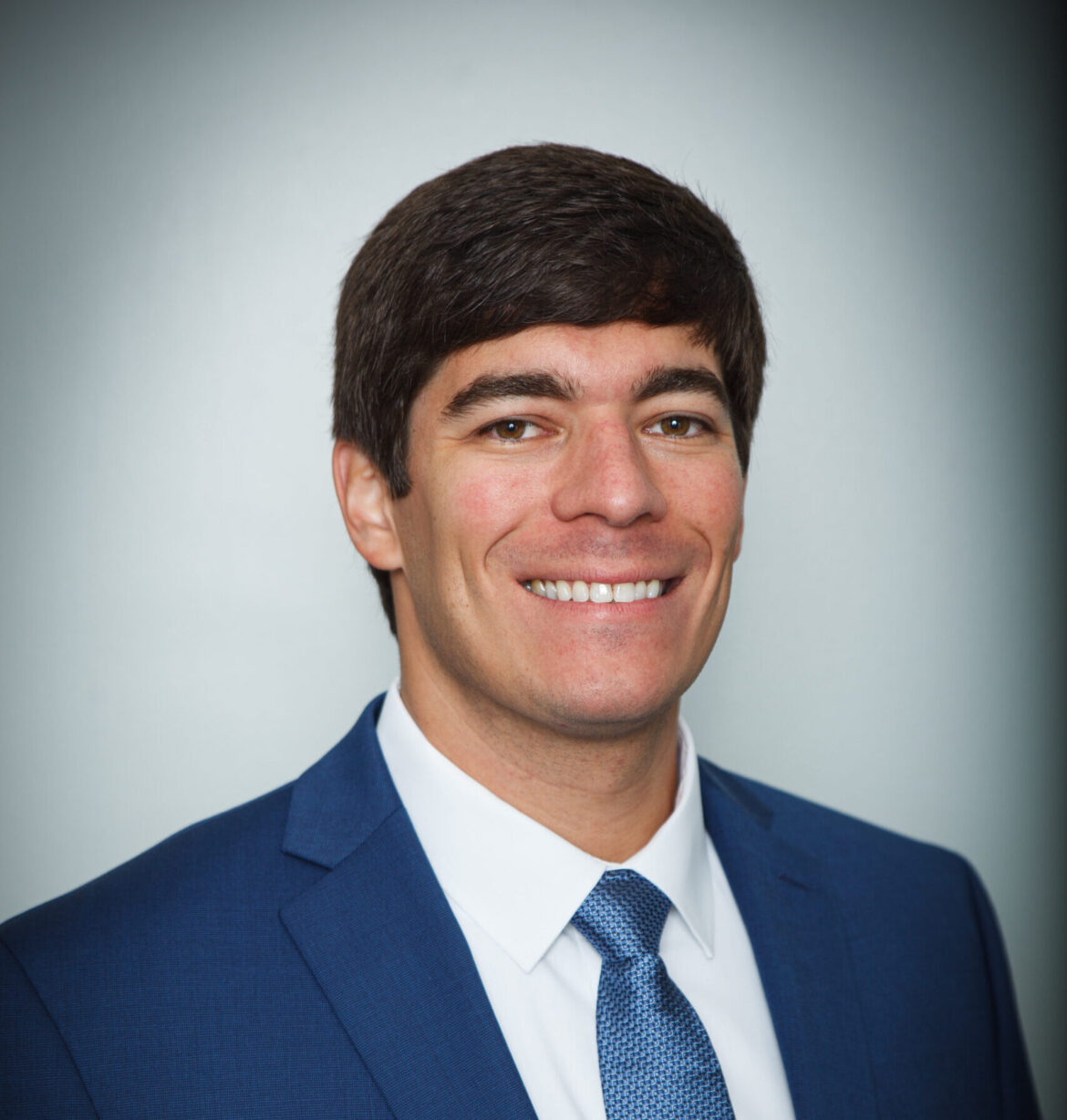Below is an educational artical written by Neurologist, Dr. Derek Neupert. Dr. Neupert is one of the specialty physicians now practicing at Franklin Foundation Hospital through their partnership with Thibodaux Regional.
Franklin Foundation Hospital said, “Our specialty physicians from Thibodaux are continuing to grow their practice here at Franklin Foundation, especially in neurology. This is a great article regarding Epilepsy and Seizures, highlighting the definitions and giving insight on how to respond when someone around you is dealing with a seizure.”
Franklin, LA – July 14, 2022, Seizures are one of the most common conditions treated by neurologists. Worldwide, it is estimated that one in every 10 people will suffer a single seizure in their lifetime. In the United States, studies suggest that one in every 26 people will eventually develop epilepsy. Epilepsy is a neurological condition of recurrent, unprovoked seizures.
For background, the central nervous system consists of the brain and spinal cord. The brain functions as the primary control center and is made up of various structures and nerve cells. It operates by the release of neurotransmitters and electrical impulses. A seizure is an abnormal excessive surge of synchronized electrical activity.
Seizures can either be provoked or unprovoked events. Provoked seizures are triggered by an external transient factor. For example, if someone’s blood sugar drops too low and they have a seizure, this would be considered a provoked event. Unprovoked seizures occur outside of this context.
There are many causes of epilepsy. In pediatric patients and young adults, epilepsy can be the result of genetic mutations, abnormal brain development, or an associated symptom within a larger multisystem syndrome. In older adults, epilepsy is often a consequence of acquired structural brain disease, like ischemic stroke, intracerebral hemorrhage, tumors, neurodegenerative processes, meningoencephalitis, or traumatic brain injuries. However, in some cases, the cause of epilepsy is never known.
Epilepsy and seizures are classified according to their electrical and clinical characteristics. In a broad sense, the main electrographic division is between focal versus generalized onset seizures. Focal onset seizures start at one location and can either stay in that same spot, move to a different region, or secondarily spread across the entire brain. When seizures begin in multiple distinct areas, this is termed multifocal. Generalized onset seizures; however, involve the entire brain at the very beginning.
Clinically, seizures can manifest in a vast array of behaviors. This may include episodes of unresponsiveness, blank staring, impaired awareness, confusion, difficulty speaking, eye gaze deviation, vocalization, facial contractures, repetitive movements, muscle twitching, limb shaking, tonic stiffening,
loss of consciousness, incontinence, and full-body convulsions. Before a seizure begins, patients may also experience an abnormal preceding sensation called an aura. Aura examples include feelings of inner restlessness, upset stomach, visual obscurations, abnormal smells, and even out-of-body experiences like déjà vu or déjà entendu.
Because epilepsy can present with such a wide range of symptoms, it can easily be confused with other medical conditions. Examples of seizure mimics include movement disorders, parasomnias, tremors, syncope, cardiac arrhythmias, and psychogenic attacks. This is why it is crucial to be evaluated by a trained neurologist for prompt and accurate diagnosis. As part of the seizure work-up process, one can expect to have various testing performed. Often this includes screening blood work labs, EKG, CT scan or MRI of the brain, LP, and EEG (electroencephalogram) – a neurodiagnostic test that analyzes brain waves.
There are many treatment options available for epilepsy. Seizures are often first managed with medications referred to as anti-epileptic drugs (AED’s). Nonpharmacological measures, like the ketogenic diet, are also utilized as adjunct therapies. In cases of medically refractory epilepsy, invasive options like neuromodulation and epilepsy surgery may be considered for treatment. This includes vagal nerve stimulation (VNS), responsive neurostimulation (RNS), deep brain stimulation (DBS), laser ablation (LITT), and surgical resection.
When someone is having an active seizure, there are several first aid tips that should be known. On average, seizures typically last between 30 seconds and two minutes in duration and resolve without any intervention. Do not place anything inside the person’s mouth or try to hold them down. Instead, gently roll them on their side to prevent choking in case they were to vomit. Call 911 if the patient has continuous seizure activity lasting greater than five minutes, or repeated seizure clusters without improvement. This is worrisome for status epilepticus which is a neurological emergency that will likely require intervention.
In patients with epilepsy, certain additional safety restrictions are recommended. This includes no driving, operating heavy machinery, climbing heights, or other activities where seizures or loss of consciousness could cause harm to self or others. In Louisiana, it is recommended that patients do not drive for a period of at least 6 months from their most recent seizure. Additionally, special precautions should be taken during swimming and around open flames.
“At Franklin Foundation Hospital, we are equipped to provide direct neurological care in both the hospital and clinic settings. If you are suspicious that you or a loved one may be suffering from seizures or epilepsy, please contact Franklin Foundation Specialty Clinic at (337)907-6762. Our Specialty Clinic is in Suite C of our Medical Office Building at 200 Medical Drive, Franklin, LA 70538.”





